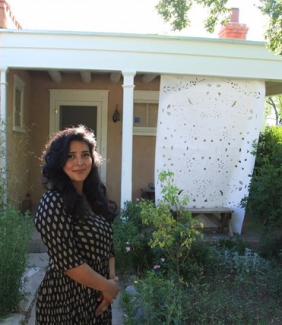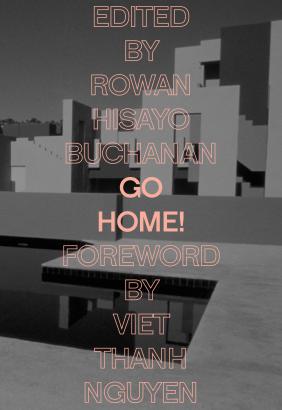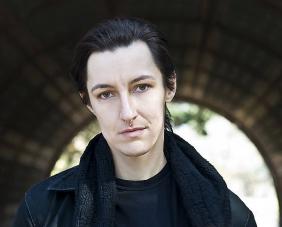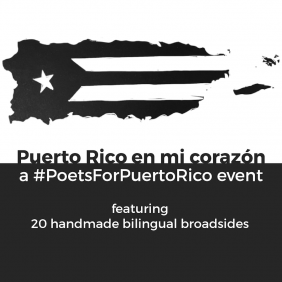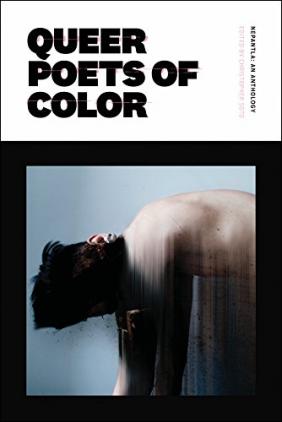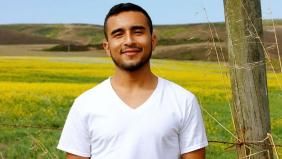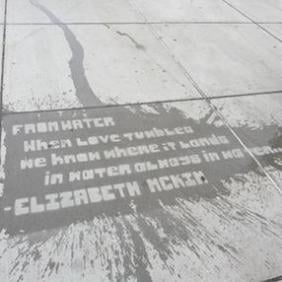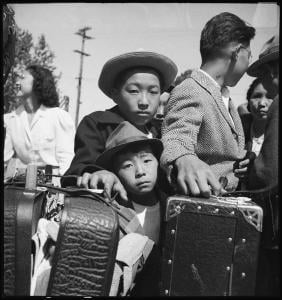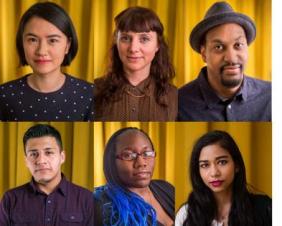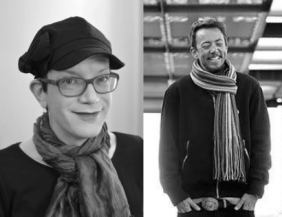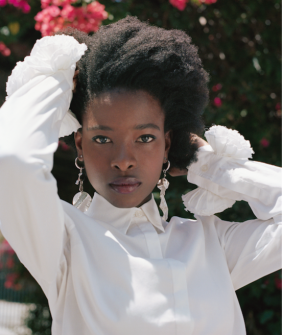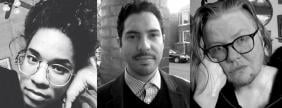The Asian American Writers's Workshop celebrated the launch of Go Home! (Feminist Press, 2018)—an anthology that imagines immigrating and belonging in the twenty first century and features the work of poets Kimiko Hahn, Mohja Kahn, Wendy Xu, Wo Chan, Rajiv Mohabir, Jason Koo, Marilyn Chin, and more—on March 12 at the AAWW reading room in New York City, on March 13 at Greenlight Books in Brooklyn, on March 14 in Boston, on March 18 in San Francisco, and on March 20 in Los Angeles. On March 15, Sonia Guiñansaca and Kay Ulanday Barrett hosted the Mouth to Mouth Open Mic series for writers of color, migrant artists, and queer and trans people of color, with featured performers Eddie Maisonet and Santiago J. Sanchez. On March 29, it hosted “The Body & Migration” in New York City with Vi Khi Nao, Brandon Shimoda, Celina Su, and Dorothy Wang.
learn more


